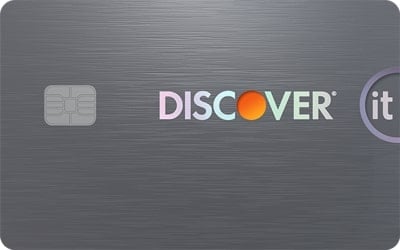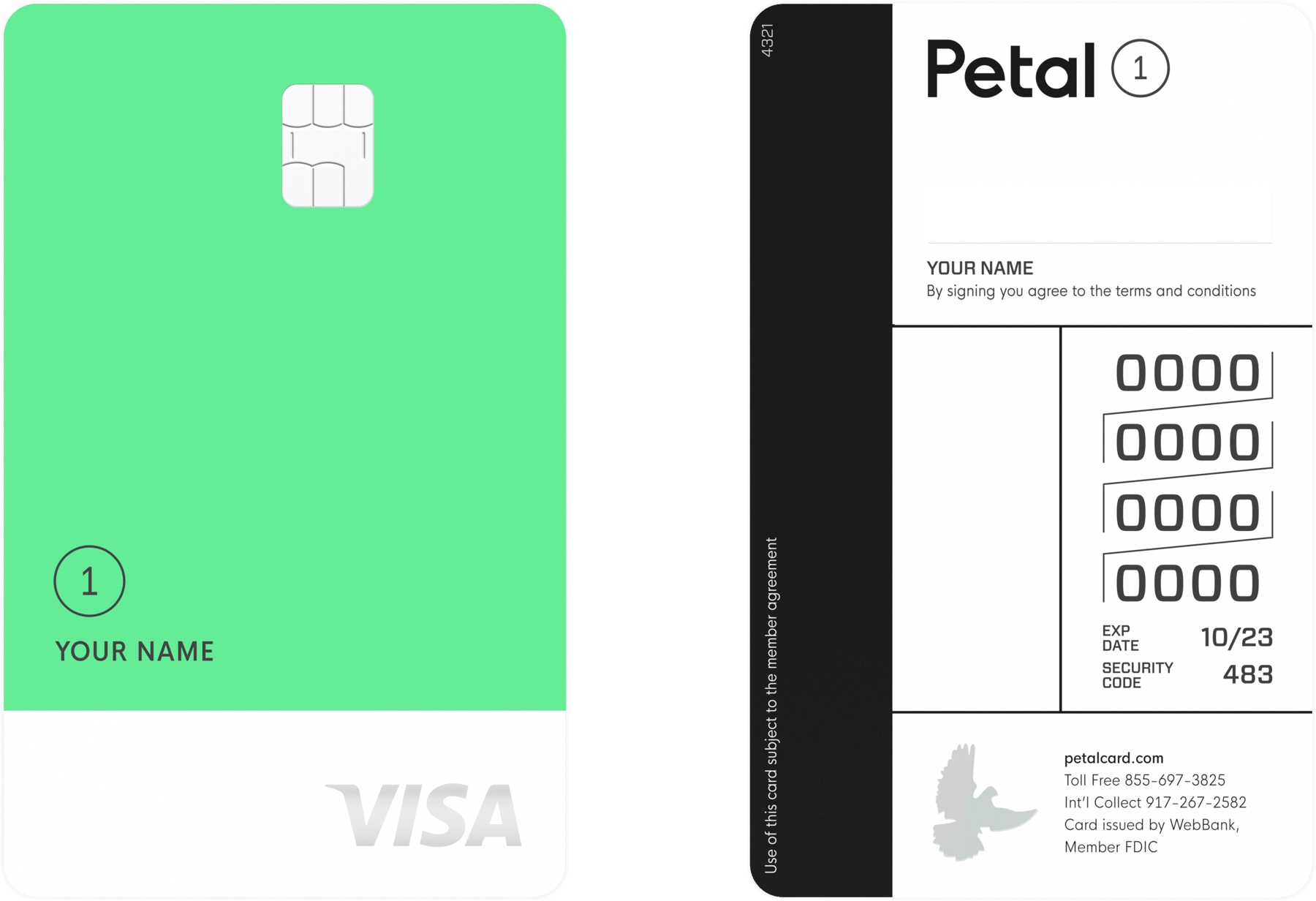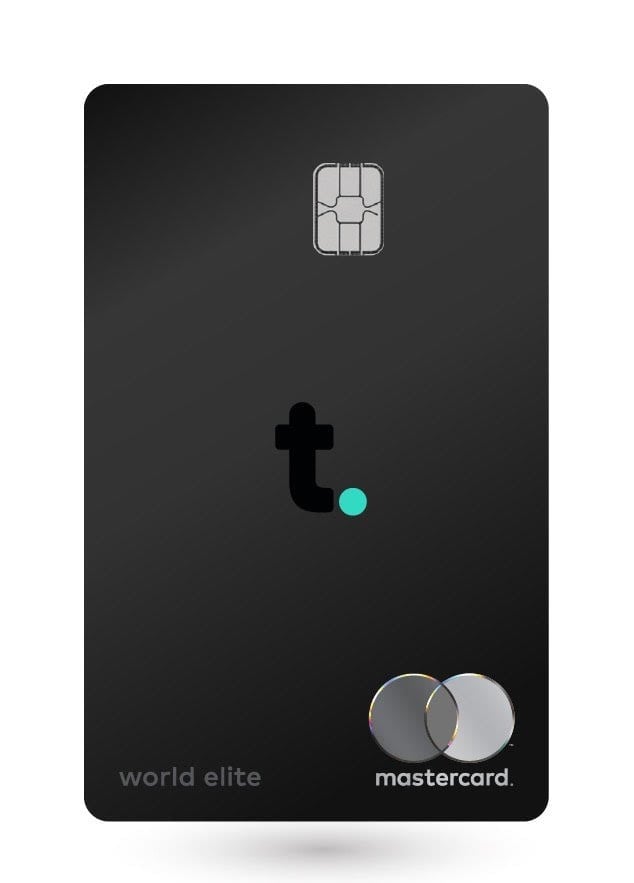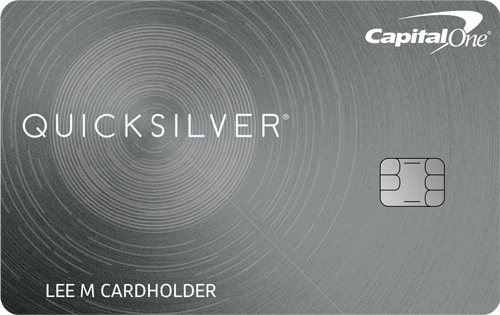5 Things to Know About the Destiny Credit Card

Many or all of the products featured here are from our partners who compensate us. This influences which products we write about and where and how the product appears on a page. However, this does not influence our evaluations. Our opinions are our own. Here is a list of our partners and here's how we make money.
Applying for the Destiny card is a bit like tempting fate: It does have some credit-building features, but it's far more expensive than other credit cards for bad credit (typically, FICO scores of 629 or lower).
Terms vary depending on which version of the Destiny credit card you’re offered, but annual fees can be as expensive as $175, while annual percentage rates, or APRs, might range as high as 35.9% as of this writing — outrageous numbers considering that the card offers few perks to offset those costs.
Even if you have bad credit, you're not doomed to products like the Destiny Mastercard. You can find plenty of secured credit cards and alternative cards that charge low or no annual fees and may even earn rewards.
Here are five things to know about the Destiny credit card.
The Destiny credit card is one of multiple products — including the Milestone credit card and Indigo card — serviced by Genesis Financial Solutions and targeting those with bad credit. They tend to share the same value proposition: use of a credit card in exchange for a slew of fees.
1. There are several versions of the Destiny credit card
There are more than a dozen iterations of the Destiny credit card that differ in terms of fees, credit limits, APRs and availability. Each version is identified by a number in the 200s, and you can only pre-qualify online for two cards: 201 and 209. The remaining Destiny credit cards are available only by direct, targeted offers.
The main difference between Destiny credit cards 201 and 209 is the annual fee.
For card 201, it’s $75 in the first year, $99 thereafter.
For card 209, the annual fee is $59.
Either way, the annual fee is assessed upon account opening, but you can get it back if you close the account and haven’t made any transactions with the card. Just note that canceling a credit card can have implications for your credit scores. (There is no upgrade path to a Destiny card with no annual fee.)
Regardless, paying an annual fee for a credit card doesn’t have to be your destiny, especially if you can come up with a security deposit (which, unlike an annual fee, is refundable). The Chime Credit Builder Visa® Credit Card, Capital One Platinum Secured Credit Card and Discover it® Secured Credit Card are some of NerdWallet’s highly rated cards with no annual fee.
2. The annual fee isn't the only fee you may owe
It's not surprising to find annual fees on unsecured credit cards for bad credit, and all versions of the Destiny credit card charge them. What raises an eyebrow, though, is that you may also owe overlimit and monthly fees, which can make the Destiny card even more expensive to hold.
Overlimit fees are largely extinct, but among the vanishingly small number of issuers that still feature them, they're the price cardholders pay in exchange for the ability to charge beyond a card’s credit limit. For Destiny credit cards, it's an opt-in feature with a fee that can range from $29 to $41. But it's worth noting that the terms and conditions state that transactions that put you over the credit limit may still be refused, even if you've enrolled in overlimit coverage. You could end up paying for something without reaping its benefits.
Monthly fees are another indignity you might have to endure, depending on which version of the Destiny credit card you have. As the name suggests, these fees are assessed every month for the “privilege” of using the credit card. One version of the Destiny card charges $10.40 a month, which adds up to $124.80 a year. The monthly fees are higher for other cards at $12.50 a month, or $150 a year. These monthly fees are on top of the annual fee. Yikes.
Overlimit and monthly fees are the exception, not the rule, so you won’t have to look hard for a card without them. None of the cards on our list of best credit cards for bad credit charges them. Also worth a look is the Petal® 1 "No Annual Fee" Visa® Credit Card. It doesn't charge a monthly fee, and its annual fee is $0.
3. Small credit limits may be restrictive
The minimum credit limit on any of the Destiny credit cards is $300, a fairly small amount that’s whittled down by the annual fee. Say you have a card with a $300 credit limit and a $75 annual fee. Before you’ve made a single purchase, your credit limit is already reduced to $225 until you pay off the annual fee. This negatively affects your purchasing power and your credit utilization ratio — the percentage of available credit you're using, a key factor in your credit scores. Generally speaking, the lower your credit utilization, the better, but in this example, you're using 25% of your credit line right off the bat.
The highest possible credit limit appears to be $700, which is available on only some of the Destiny credit cards. But that better credit limit is paired with a $175 annual fee.
Other credit cards for bad credit may feature more spending power and no annual fee to worry about. The aforementioned Petal® 1 "No Annual Fee" Visa® Credit Card has a max limit of $5,000. The Tomo Credit Card may extend credit lines as high as $10,000.
4. Rewards are possible but probably won’t outweigh the card’s fees
Some people may receive a targeted offer for the Destiny Mastercard with Cashback Rewards. This card earns an unlimited 1.5% cash back on all purchases, and rewards are automatically redeemed as a statement credit.
A 1.5% cash-back rate is decent, especially among credit cards for bad credit. But because all of the Destiny cards charge an annual fee, you'll have to earn a certain amount of rewards to break even. For example, if you got a card with a $35 annual fee, you’d need to spend about $2,333 a year to get $35 in cash back. With a credit limit of just $300, that could be a tall order.
A better option might be the $0-annual-fee Capital One Quicksilver Secured Cash Rewards Credit Card. It earns the same 1.5% rewards rate, and again, the deposit you'll have to put down is refundable.
5. It's not all bad news
To be fair, the Destiny credit card has some positive qualities. It’s a relatively easy card to qualify for with limited or bad credit or even a prior bankruptcy. If you’re unsure of your approval odds, you can fill out a pre-qualification application to see which, if any, of the Destiny credit cards are available to you. Through the pre-qual process, you’ll learn the annual fee, APR and other terms of the card before you officially apply. Pre-qualification does not affect your credit scores; however, submitting a formal application will trigger a hard inquiry, which may lower your scores, albeit temporarily.
And because it's an unsecured Mastercard, you won't need to tie up hundreds of dollars in a security deposit and can use the card virtually anywhere.
The Destiny card also reports to the three major credit bureaus: Equifax, Experian and TransUnion. If you use the card responsibly — keeping your utilization rate below 30% and paying balances in full every month — your credit scores will likely improve.
After doing the hard work of building your credit, though, treat yourself by getting a better card with fewer fees and more robust perks.
Find the right credit card for you.
Whether you want to pay less interest or earn more rewards, the right card's out there. Just answer a few questions and we'll narrow the search for you.






